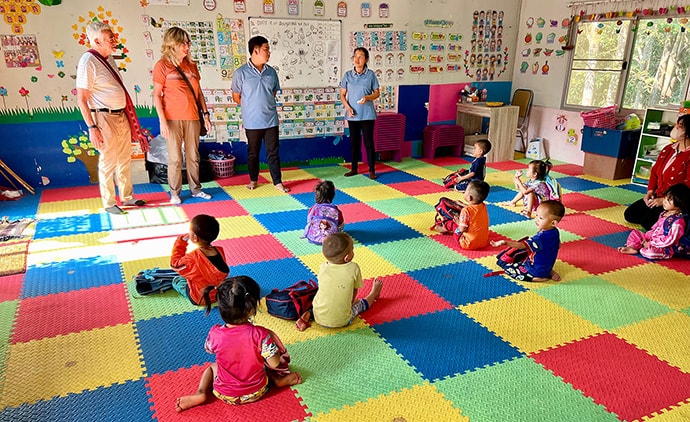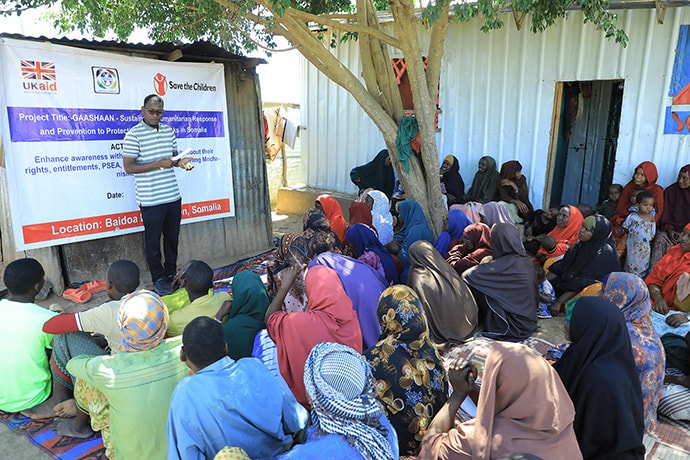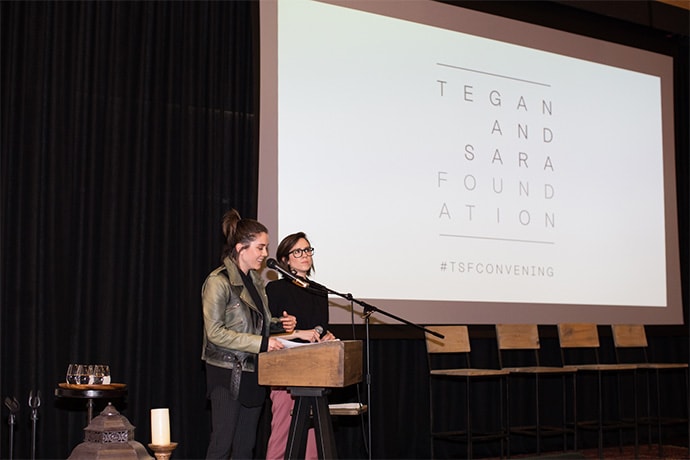Blog
Posted on March 29, 2024

Visit with FORTUNE school, Thailand. Photo: Emily Ho
Periodically, Pangea Giving “Pod” committees, composed of members interested in a particular geographic area, organize site visits to meet with existing grantees and prospective new grantees. The purpose of the site visits is to observe the grantees’ work, talk with organization leaders, and evaluate first-hand the viability of a renewed grant. Additionally, site visit teams try to identify, and if possible meet with the leaders of prospective new grantees
Continue Reading
Posted on March 14, 2024
By Abdiweli Shariff Ali, GBV and Protection Project Coordinator, Gargaar Relief and Development Organization (GREDO)

Abdullahi Abukar, Senior Protection Officer, conducting Awareness campaign about rights, prevention of sexual exploitation, and how to report incidents. Photo: GREDO
Somalis are one of the tremendous patriarchal societies in horn of African, where men control the power unconditionally and women has no gentle space of participation and decision-making roles except the roles as providers of basic needs and childcaring and nurturing children, and experience sexual gender base violence (GBV) and discrimination.
Continue Reading
Posted on March 12, 2024
By Kika Chatterjee, Stephanie Green Benn, and Alia Nitake, APCO Impact

Tegan and Sara announce the launch of the Tegan and Sara Foundation at the inaugural convening of LGBTQ+ leaders and experts in 2016. Photo: APCO Impact
Navigating healthcare can often be an intimidating experience for many of us. The clinical environment, the impersonal interactions, and the uncertainty about whether our needs will be understood and respected can make even routine visits daunting. But for members of the LGBTQ+ community, particularly those who have historically faced exclusion and discrimination, accessing healthcare can be more than just nerve-wracking – it can be traumatic. Shockingly, studies have shown that 56% of LGBTQ+ individuals report experiencing discrimination from their healthcare providers, with over 25% of transgender patients being refused medical care (Lambda Legal).
Continue Reading


